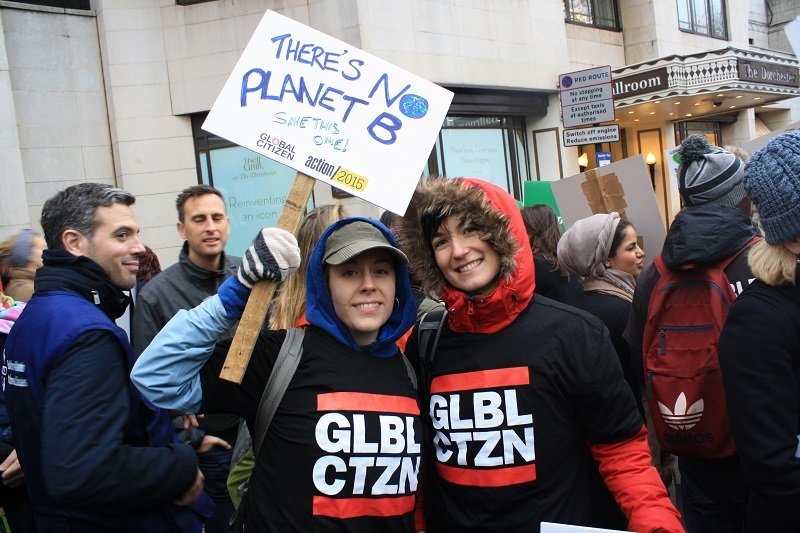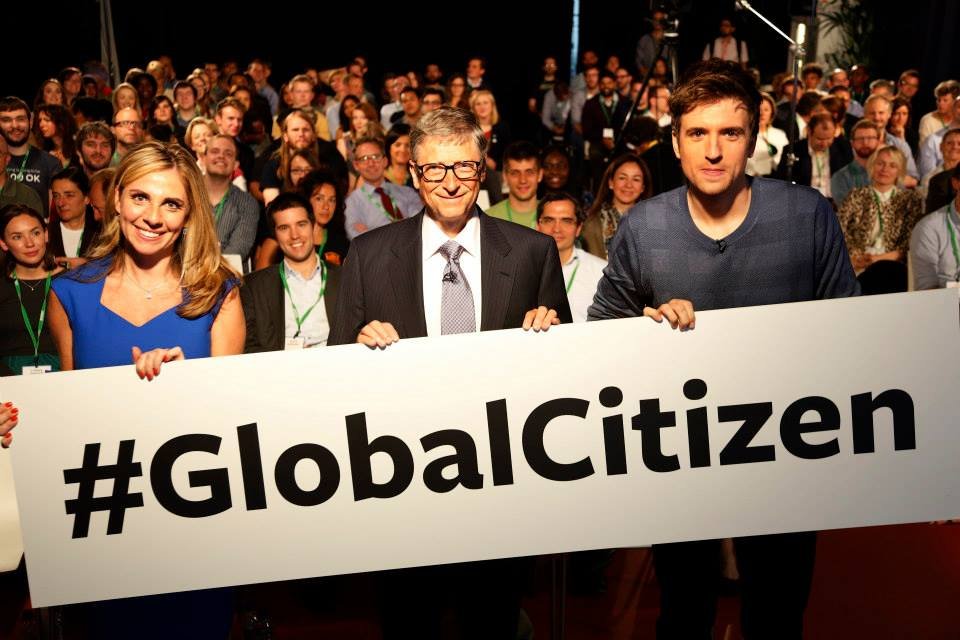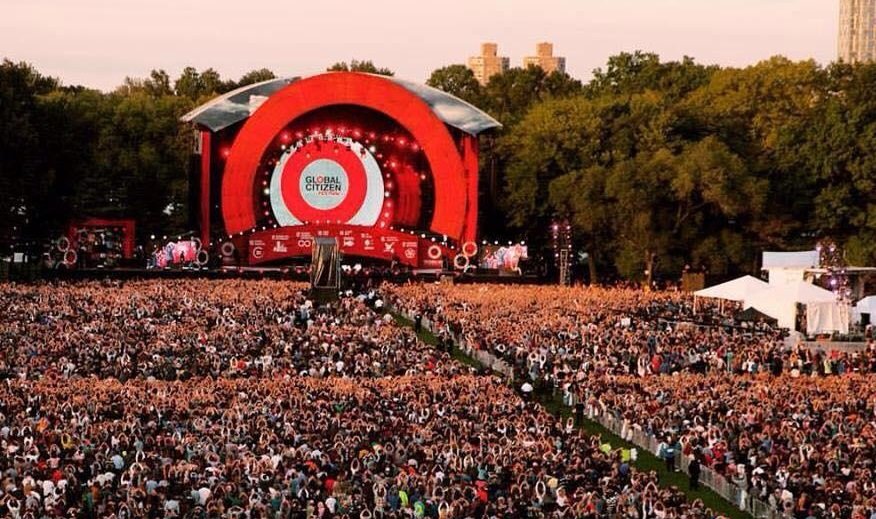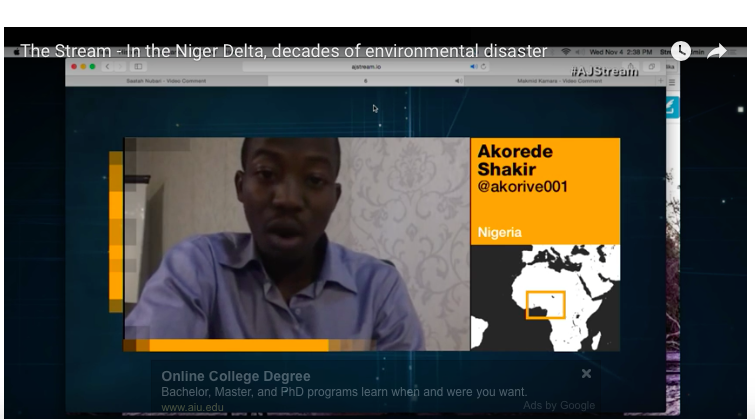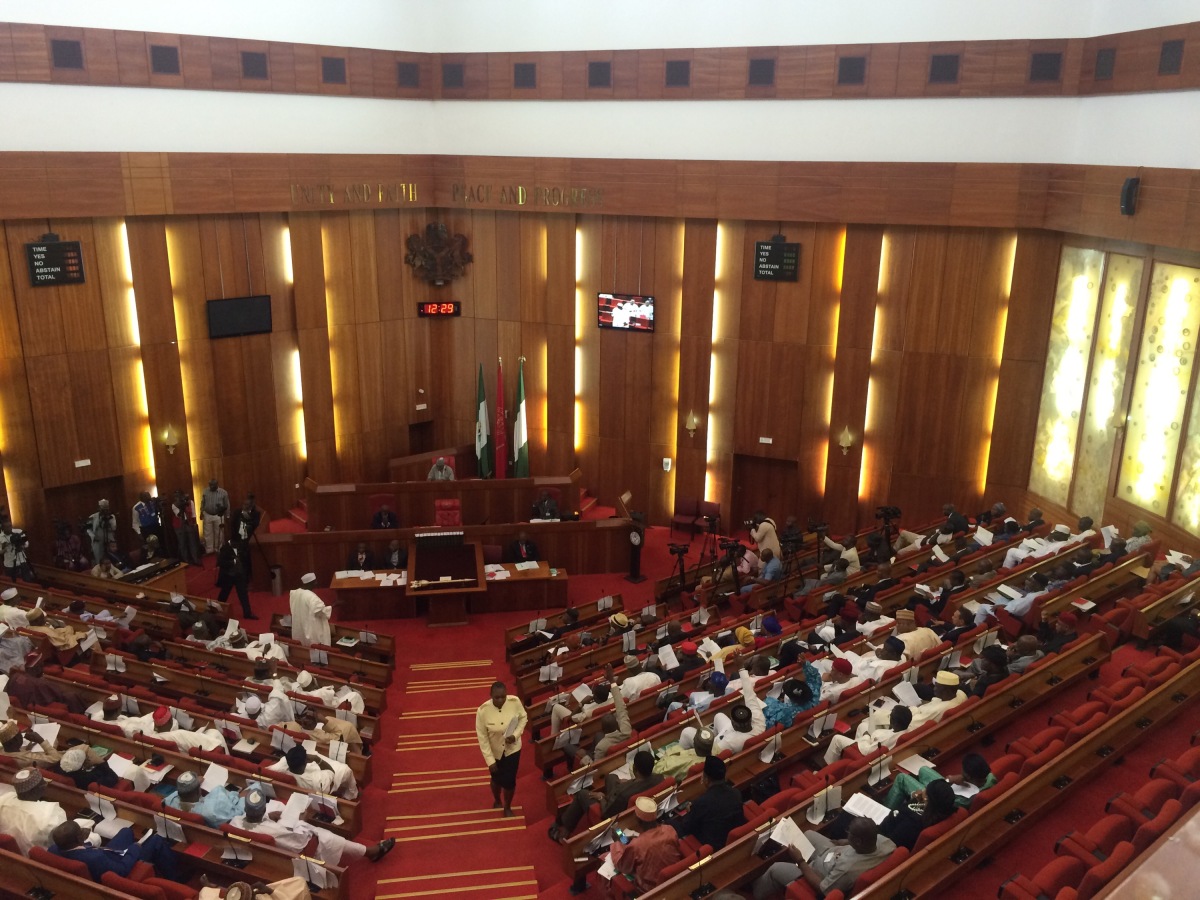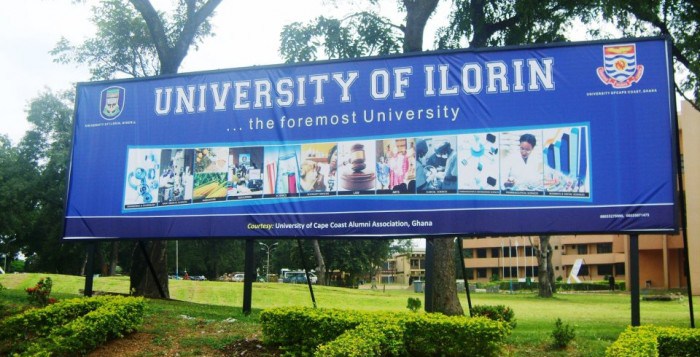The new Sustainable Development Goals (SDGs) –an outlined universal agenda that is predicated on raw motives for transforming the world for human family– come with an objective to end extreme poverty, foremost on its list. This sounds so much infallible, most particularly in the case of the African people! It is the truth that the most notorious threat faced by Africa is poverty and hunger. Let it be therefore established that a full accomplishment of the new SDGs without actions to eliminate extreme poverty may be an uncharitable venture, just like the MDGs have been said to be inconclusively achieved. In order to understand the symbiotic relevance of the first goal to others, particularly in the African context, there’s the need to give a brief account of the meaning of poverty.

Poverty therefore, according to the World Bank, is: hunger; lack of shelter; being sick and not being able to go to school; not knowing how to read; not being able to speak properly; not having a job; fear for the future; losing a child to illness brought about by unclean water; powerlessness; lack of representation and freedom.
The above apt and encompassing definition suggests that poverty is the bedrock of other human predicaments. It equally reveals how poverty encapsulates all other challenges confronting human existence on the planet earth and how it remains the main gateway for all sorts of health, educational, social and environmental, among other challenges. It is thus explicit that all other goals of the SDGs can and should simultaneously be pursued in furtherance of the first goal. On the strength of this argument, The Economist (a weekly news magazine owned by the Economist Group), had opined that all other Sustainable Development Goals are founded on achieving SDG number one.
Although the UN, in its MDGs 2015 Report, has called the erstwhile Millennium Development Goals (MDGs) the most successful anti-poverty movement in history. That the Poverty goal is appearing on the apex rank of the SDGs is an indication of partial failure or inconclusive success, nonetheless. According to the UN, the number of the global people living in extreme poverty has declined by more than half, falling from 1.9 billion in 1990 to 836 million in 2015. From this report, and sincere credence to other sources that have raised serious suspicions about its veracity, what is indisputable however, is that the percentage of the destitute people who are starving across the world is still alarming. It honestly poses a huge anxiety!
Where does Africa belong in this realm of extreme poverty and hunger?

Four hundred and fourteen (414) million people out of the eight hundred and thirty six (836) million living on $1.25, or lesser, per day are from Africa. After Asia, the Sub-Sahara leads other part of Africa in making the second continent with the largest number of hungry people in the world. The shocking rate of mortality, literacy, insecurity and environmental crisis killing the African people is solely as a result of entrenched poverty in the region.
Seventy-five (75) percent of the world’s poorest countries are located in Africa, including Zimbabwe, Liberia, Democratic Republic of Congo and Ethiopia, the Africa’s second largest country, which has also been ranked the poorest in the world. The Food and Agriculture Organization (FAO) of the United Nations also estimated that 239 million people in sub-Saharan Africa were hungry in 2010. This is the highest percentage of any region in the world. Also, malaria deaths in Africa alone account for 90 percent of all malaria deaths, worldwide.
If poverty is truly worse than malaria and HIV/AIDS which are claimed to be the highest killer diseases and even worse than EBOLA’s rate of killing, it is truer that it cannot be compared to any disease in the history of mankind. If poverty, in the same vein, is the foundational cause of illiteracy, increasing insecurity, under-development, and impoverishment of ideas and ideals, then there’s no iota of doubt that this continent needs expedient action on achieving the first goal of the SDGs than any other one, or needs all others to work for its achievement, so to say.

The falling percentage in the above analysis rekindles our hope. It may be argued that the institutional frameworks and mechanisms put in place by several domestic and international bodies to alleviate poverty and increase standard of living in these regions, are somewhat productive. Strides by United Nations Development Programme (UNDP), World Food Programme (WFP), African Union (AU), African Development Bank Group (AFDB), OPEC Fund For International Development (OFID), and the impacts of the Millennium Development Goals (MDGs) didn’t only play substantive role but reinforces the hope for a poverty-free society.
For the umpteenth time, poverty is the source of our multifaceted problems as a continent. If defeated, there’s high chance for the return of our refugees abroad, accelerate an end to endemic diseases and high mortality rate in our communities, human capacity development would improve. There would equally be more abundant workforce to boost our economy with full exploitation of our resources, which is loosing cheaply to foreign hands; internal crime rate and unnecessary terrorism would end. Our internally displaced persons (IDP) would be taken back to their lovely homes, and our continent would stop begging for every-time rescue and help from her sisters. Consequently with more secured lives and intact welfare for the people of this continent, the dream of Africa becoming the power-holder of the world will be at the brink of actualization.

Corruption, poor governance, impunity, nepotism, poor resource usage, wars and unending conflicts, poor and inconsistency of policies, all these and other factors are responsible for MDGs inconclusive success. For the sake of the SDGs uninterrupted realization, within the next fifteen (15) years of its life span, there must be renewed commitment by governments, immense contributions from institutions –public and private sectors, equitable distribution of resources, zero tolerance for corruption, proper monitoring of implementation rate and reinforcement of actions must be given constant priority.
It is imperative to end with a call that the timeframe of the SDGs is not ambitious enough. Instead of aiming for an end to poverty by 2030 (another 15 years to come), the dire need of eliminating hunger and under-nutrition is enough to quicken all plans and make things happen in a lesser period. Shenggen Fan and Paul Polman in alluding to the above postulation had opined in a report by the International Food Policy Research Institute (IFPRI) that poverty alleviation should be achieved in 5 years less. (i.e. 2025).
___
Article by:

![Poverty Eradication: The Restart Button For Africa To Achieve Sustainable Development Goals [SDGs]](https://akoriveblog.wordpress.com/wp-content/uploads/2015/12/africa_pobreza.jpg?w=488)
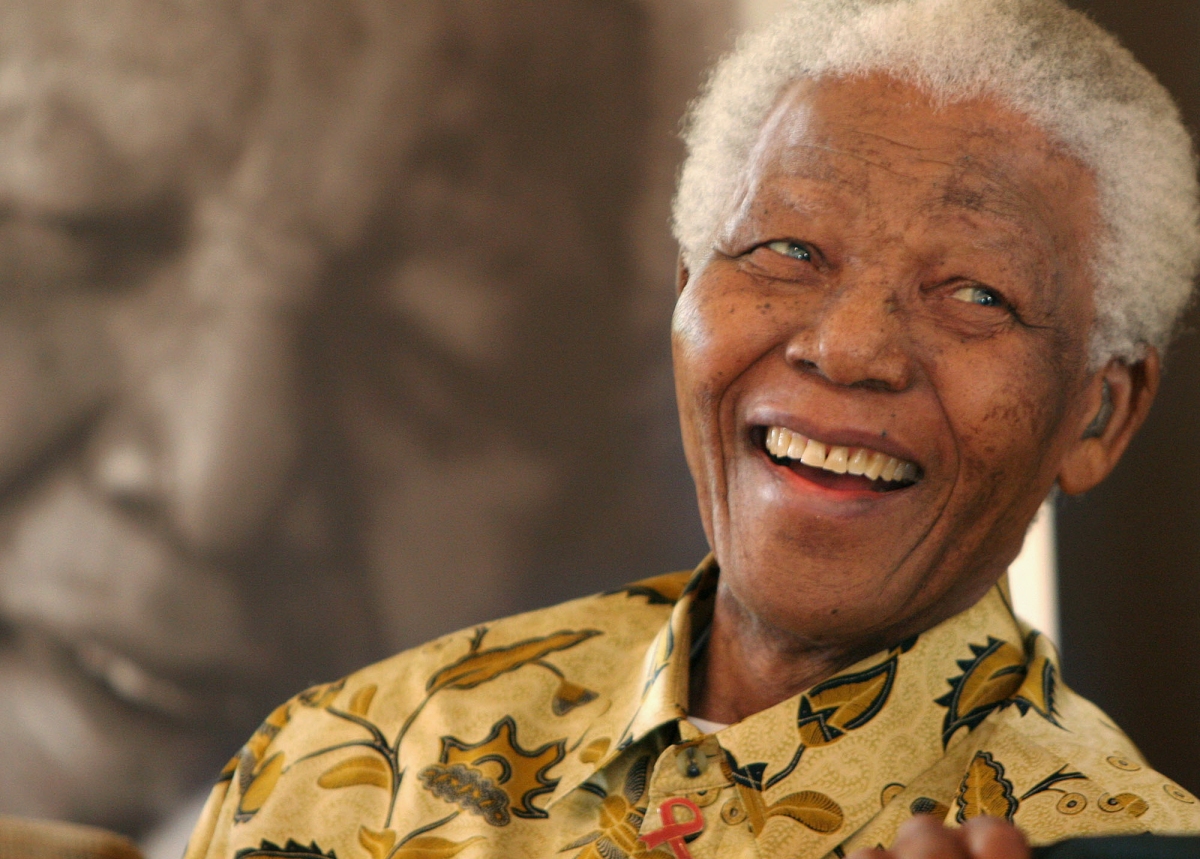







![600px-Roxana_Saberi_speaking[1]](https://i0.wp.com/one_org_international.s3.amazonaws.com/international/media/international/2015/02/600px-Roxana_Saberi_speaking1-600x600.jpg)
